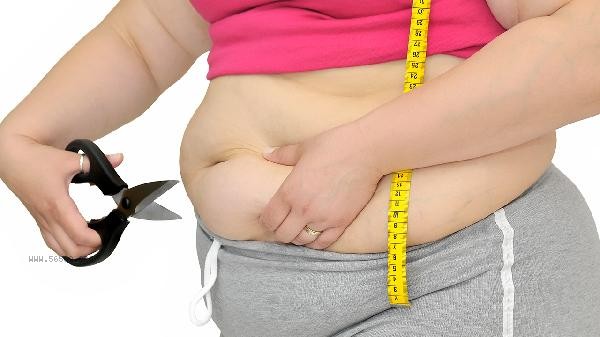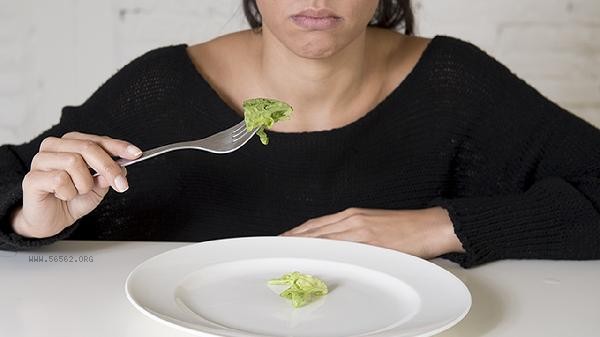Difficulty in defecation during weight loss may be related to factors such as changes in dietary structure, insufficient water intake, lack of dietary fiber, imbalanced gut microbiota, and reduced exercise. If constipation symptoms occur during the weight loss process, it is necessary to adjust diet and lifestyle in a timely manner.

1. Changes in dietary structure
Sudden reduction in food intake can lead to insufficient intestinal contents, making it difficult to form sufficient volume of feces to stimulate the intestinal wall. Some weight loss individuals excessively limit their fat intake, resulting in insufficient intestinal lubrication. It is recommended to maintain a moderate intake of healthy fats, such as nuts, olive oil, etc.
2. Insufficient water intake
During weight loss, it is common to neglect hydration due to diet control, resulting in dry and hard feces that are difficult to excrete. Insufficient water can also affect intestinal peristalsis function. Adequate water intake should be ensured every day. Drinking warm water on an empty stomach in the morning can stimulate gastrointestinal motility.
3. Lack of dietary fiber
Strictly controlling carbohydrates may lead to insufficient intake of dietary fiber. Dietary fiber can absorb water, expand and increase the volume of feces, and promote intestinal peristalsis. Moderate increase in foods rich in dietary fiber, such as broccoli and oats.

4. Imbalance of gut microbiota
Rapid weight loss may disrupt the balance of gut microbiota and affect digestion and absorption function. Reducing probiotics can lead to prolonged retention of food residues in the intestine. Fermented foods containing probiotics can be supplemented appropriately to improve the intestinal environment.
5. Decreased Exercise
Some weight loss individuals reduce their exercise to conserve energy, and a lack of physical activity can weaken their intestinal peristalsis ability. Moderate aerobic exercise such as brisk walking, swimming, etc. can promote intestinal peristalsis and help with bowel movements. During weight loss, it is important to maintain a balanced diet and avoid extreme dieting. Drink enough water and dietary fiber every day, combined with moderate exercise. If constipation symptoms persist for more than a week after adjusting lifestyle, or are accompanied by symptoms such as abdominal pain and bloody stools, it is recommended to seek medical attention promptly for examination to rule out organic diseases. Consider using laxatives such as lactulose oral solution and polyethylene glycol electrolyte powder, but only under the guidance of a doctor. Establish regular bowel habits and avoid excessive reliance on laxatives. Maintaining a positive mindset and scientifically reducing weight are essential for a healthy and sustainable lifestyle.










Comments (0)
Leave a Comment
No comments yet
Be the first to share your thoughts!